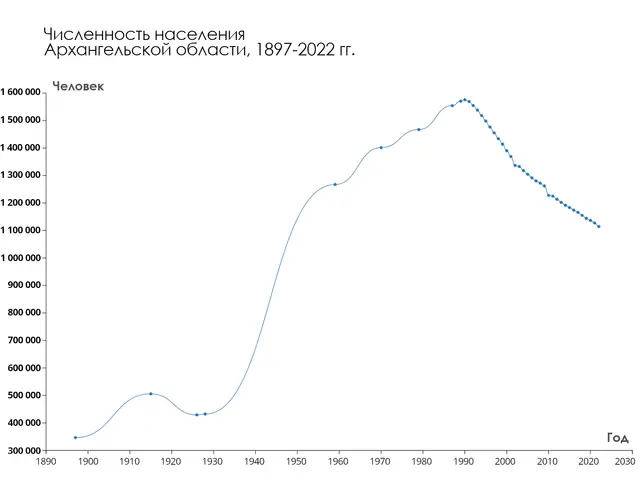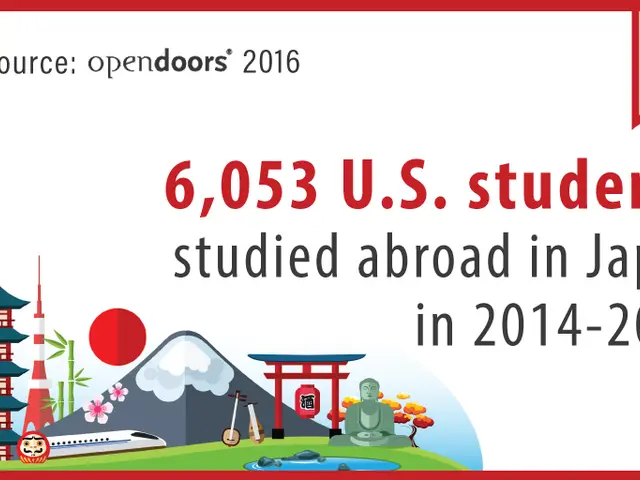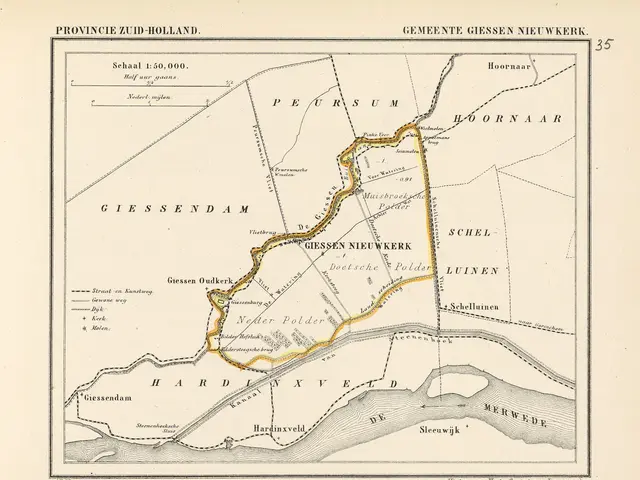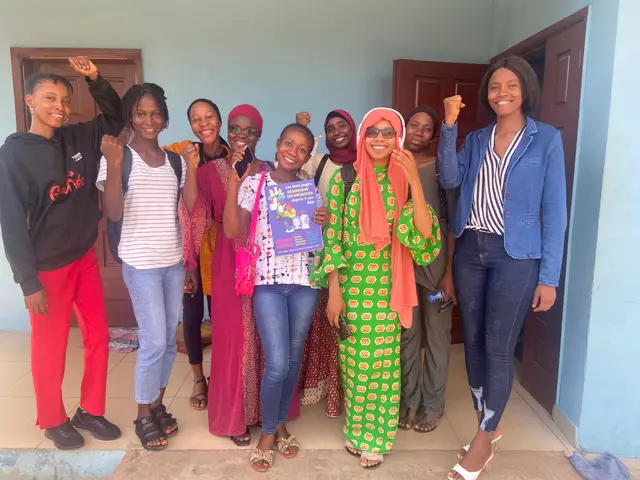Saxony-Anhalt University Rector Argues for Retaining Foreign Talent
Foreign Student Retention Incentives Promoted by University Leader - University Administrator Proposal: Encouragement for International Students to Remain After Graduation
The ongoing debate about foreign students in Saxony-Anhalt has made waves, with Otto von Guericke University Magdeburg's rector, Jens Strackeljan, pushing for a balanced approach. He underscores the necessity of creating incentives to keep international students, while mindful of the job market's ability to absorbing new talent.
IT companies might be content with English-speaking employees, while others demand German-speaking workforce, Strackeljan points out. To bridge this gap, the University of Magdeburg has already implemented free German language courses for students.
The Saxony-Anhalt state parliament is preparing to discuss the matter, following a CDU faction request. Their concerns revolve around the financial sustainability and strategic direction of the higher education system. Roughly 92% of international students come from non-EU countries, according to the CDU's inquiry.
CDU calls for strategic guidance
These students graduate free of charge, without any obligation to remain in the country or compensate the education costs. In light of demographic shifts and skill shortages, the CDU advocates for a more decisive approach in this area.
Strackeljan, however, criticizes the CDU's inquiry as too broad. As of now, there are no precise statistics on how many non-EU graduates choose to stay in Saxony-Anhalt post-graduation. Nonetheless, he expresses his intention to uncover these figures.
- Saxony-Anhalt
- Students
- CDU
- Otto von Guericke University Magdeburg
- IT sector
- EU
Potential Strategies for Saxony-Anhalt
Embracing a forward-thinking approach could help Saxony-Anhalt become a magnet for non-EU graduates. Here are some potential strategies:
- Job Placement and Career Services: Introducing dedicated job placement offices for international graduates, connecting them with local companies and research institutions.
- Language and Cultural Integration: Providing advanced German language courses and cultural integration programs to make them feel at home.
- Visa and Work Permit Support: Easing visa processes and providing key information about long-term residency options.
- Research and Industry Collaboration: Encouraging partnerships between universities, research institutes, and local industries to create a thriving job market.
- Financial Incentives: Offering scholarships or subsidies for non-EU graduates who commit to working in Saxony-Anhalt for a specified period.
Lessons Learned from Peers
Insights from other regions suggest that successful retention strategies often involve the following:
- Targeted R&D Investments: Government and academic R&D investments can help less-developed regions like Saxony-Anhalt become more attractive to skilled workers.
- State-Level Incentives: Subsidies, tax breaks, and co-investment from the central government can incentivize non-EU graduates to stay.
- Data-Driven Interventions: Precise targeting of resources like employment programs and integration services can produce the greatest impact.
While concrete data regarding retained non-EU graduates and the efficacy of retention strategies in Saxony-Anhalt is currently unavailable, these strategies provide a promising foundation. By implementing and enhancing these strategies, Saxony-Anhalt can position itself as an attractive destination for international talent.
- Community policy should be established to retain foreign talent in Saxony-Anhalt by offering vocational training, education-and-self-development opportunities, and policy-and-legislation that supports the integration of non-EU students.
- To become a magnet for non-EU graduates, Saxony-Anhalt could implement strategies like job placement and career services, language and cultural integration programs, visa and work permit support, research and industry collaboration, and financial incentives for those who commit to working in the region for a specified period, as seen in successful retention strategies from other regions.








